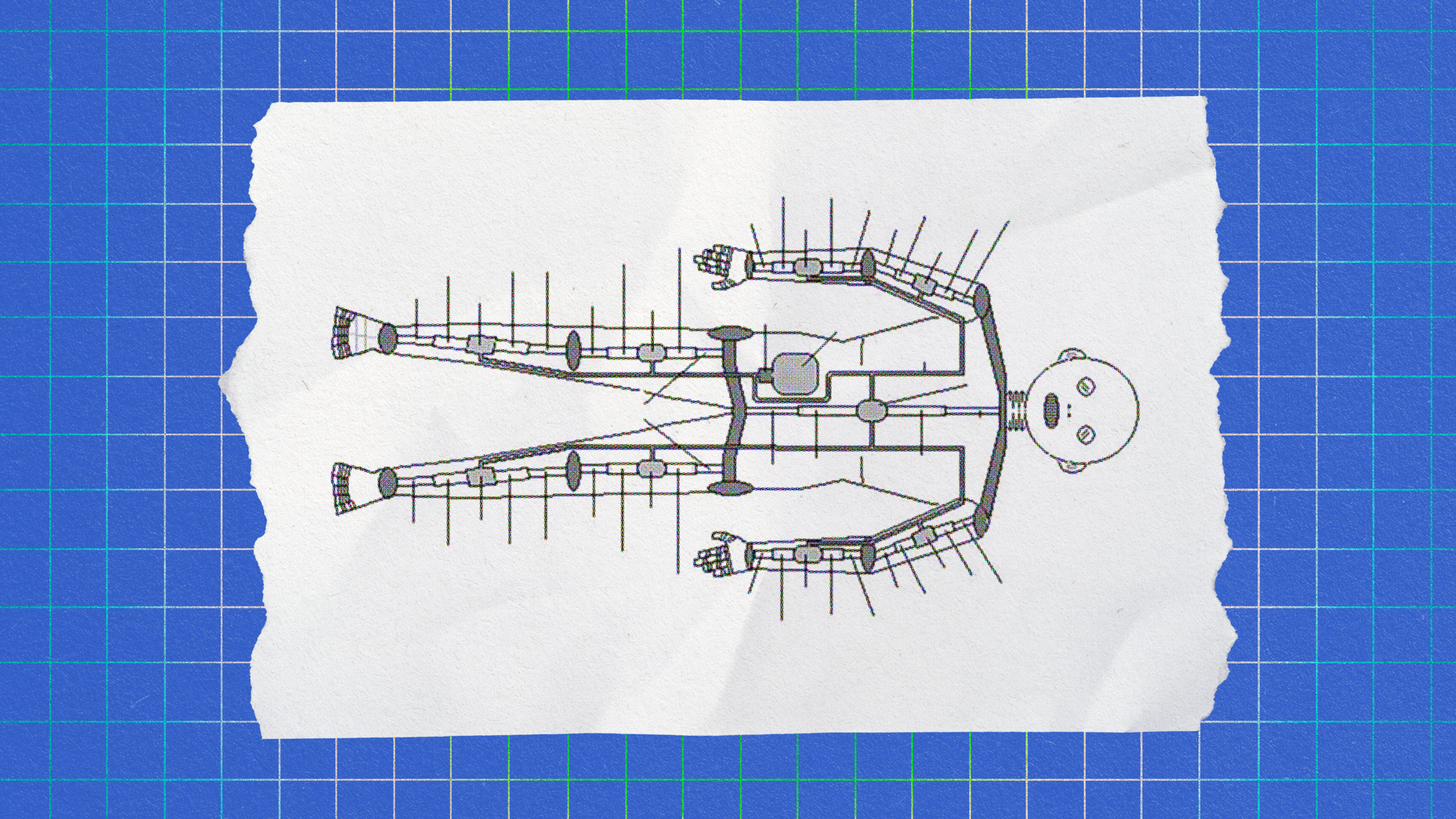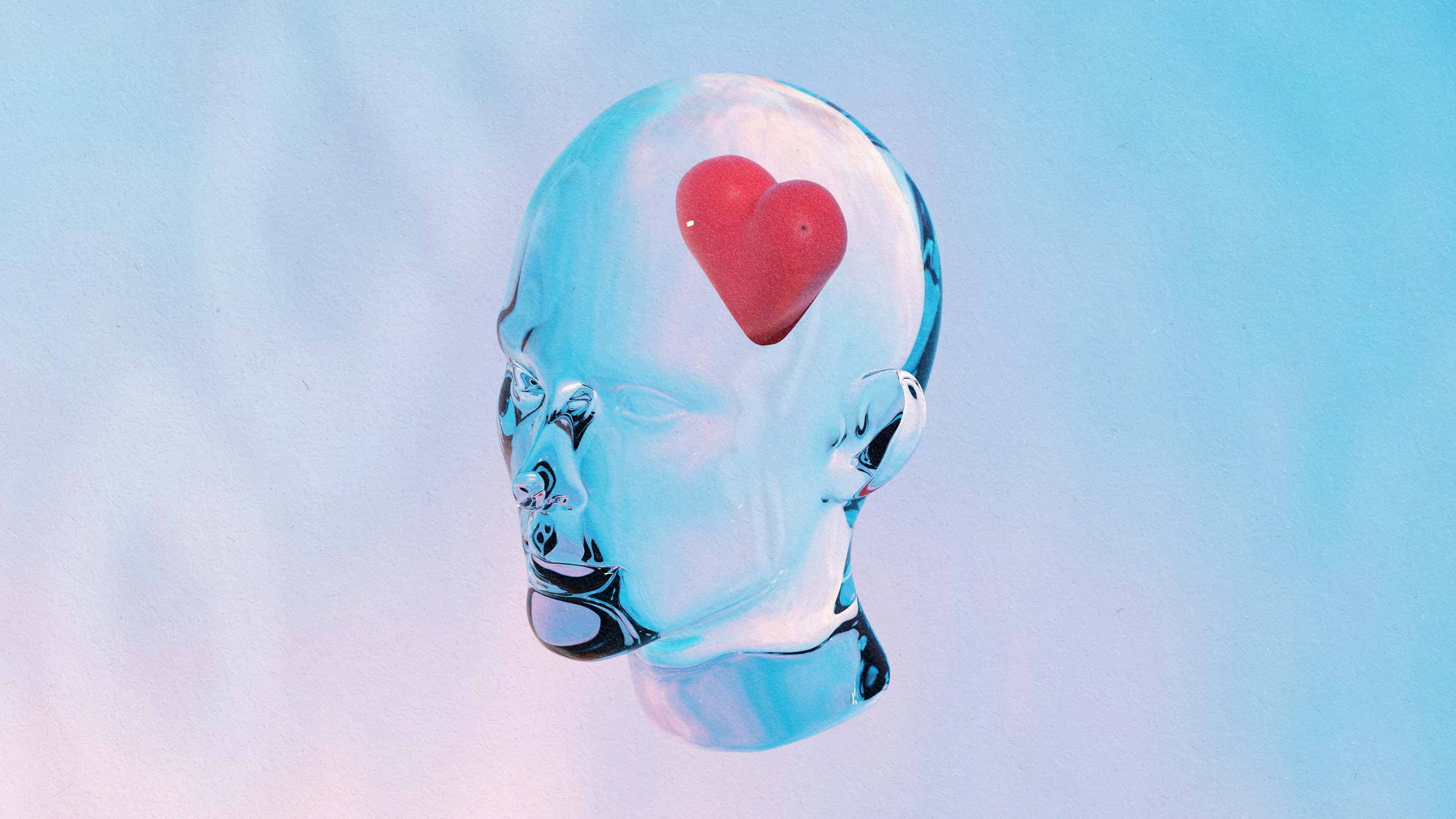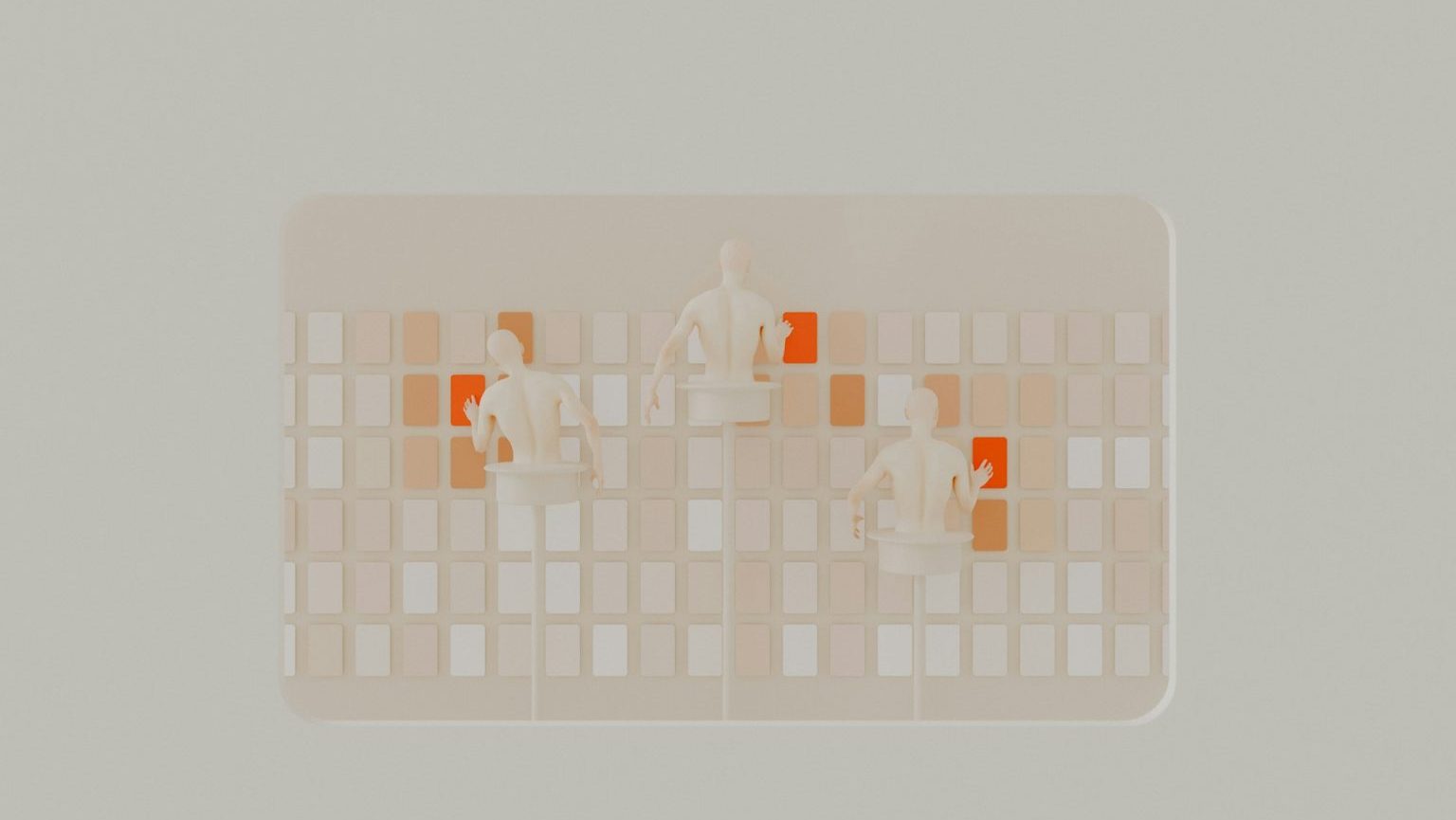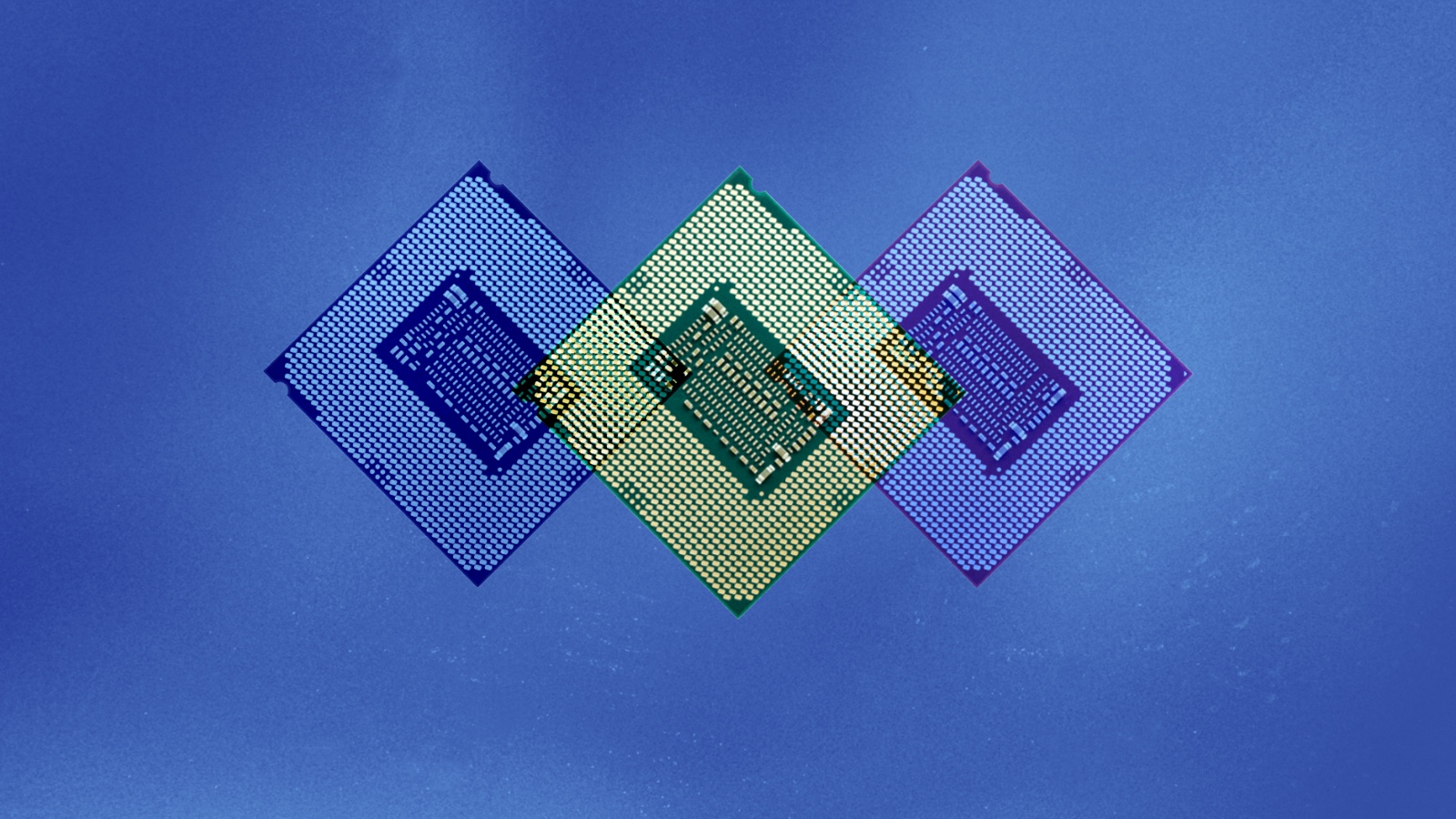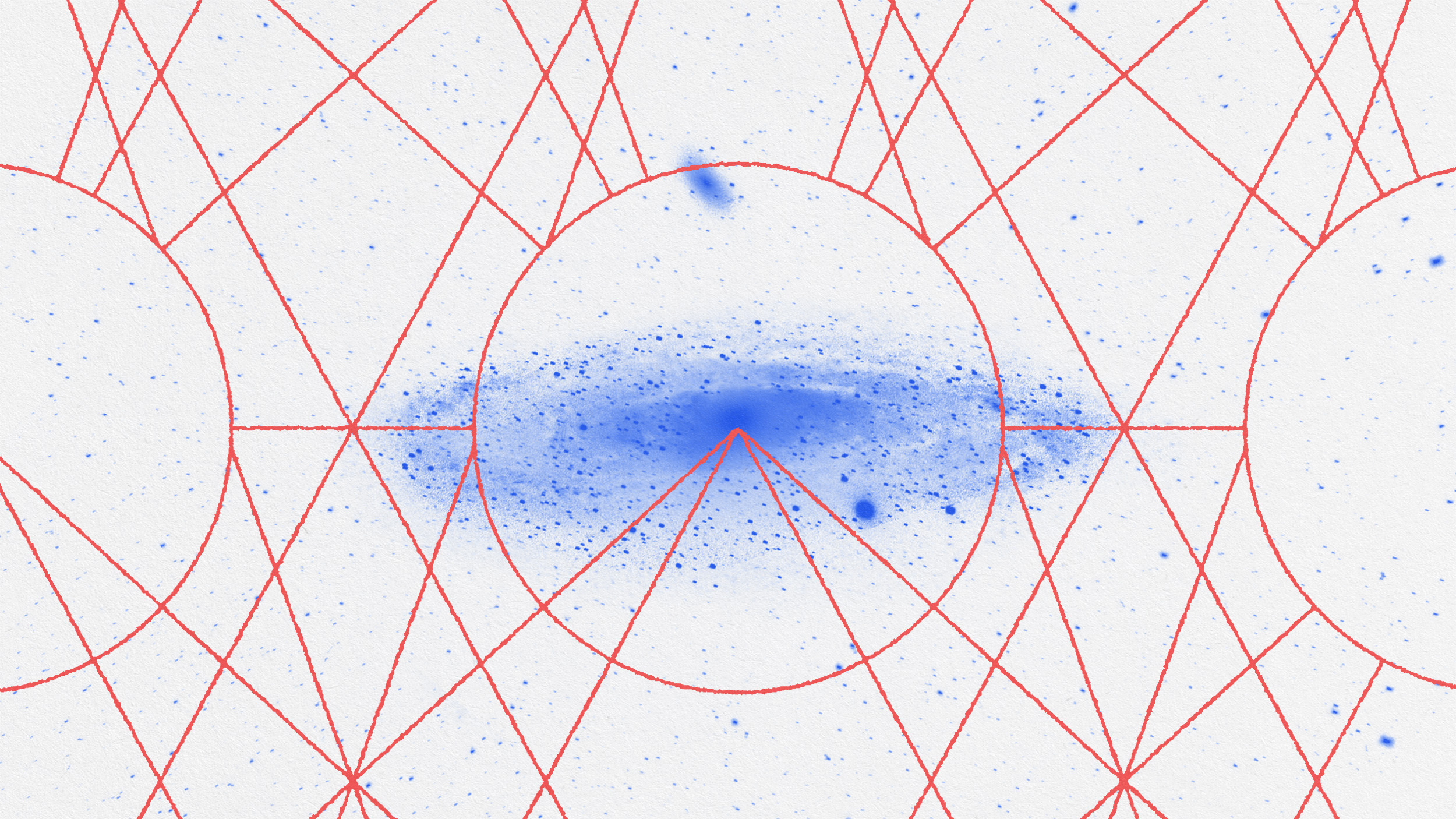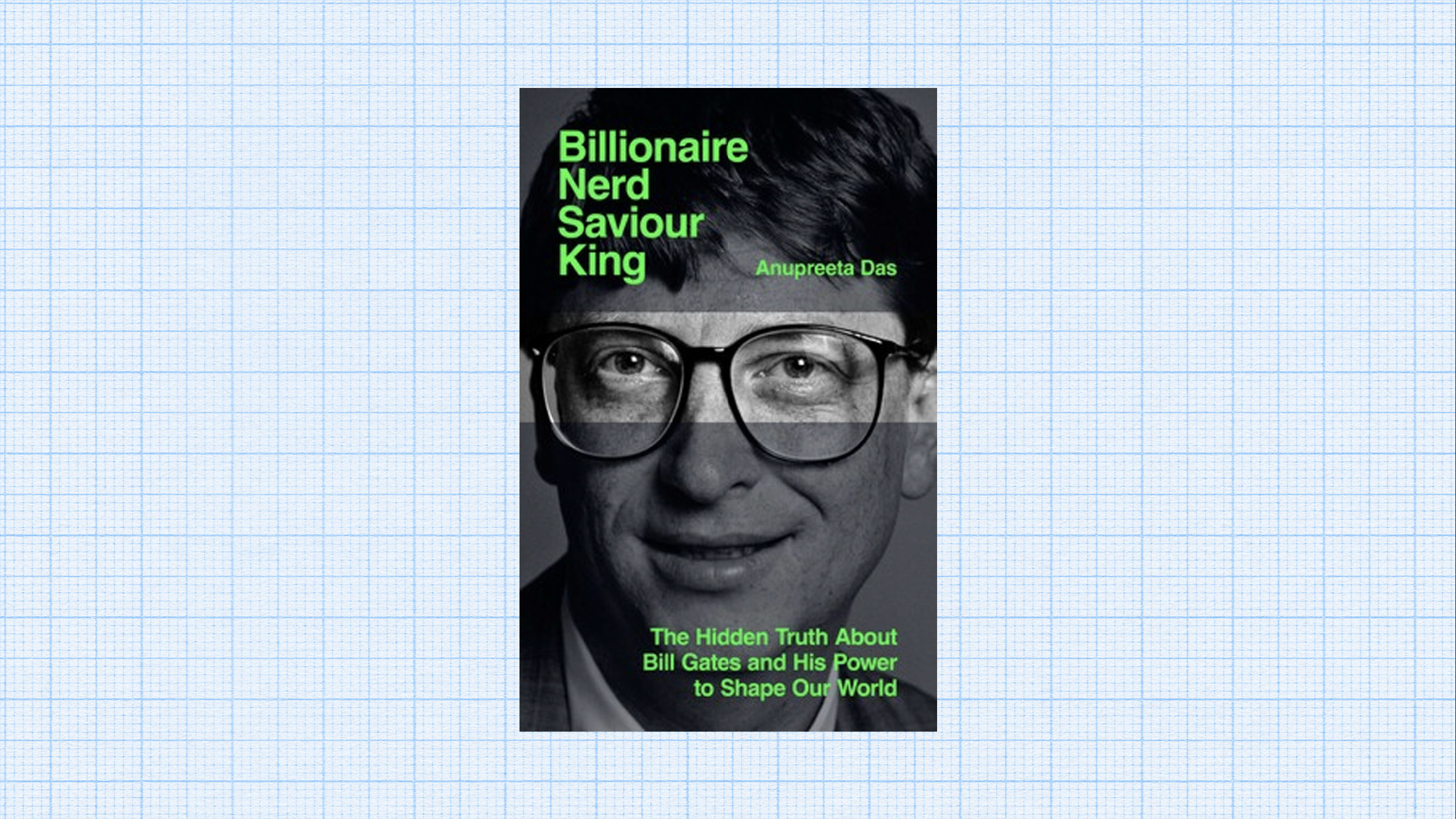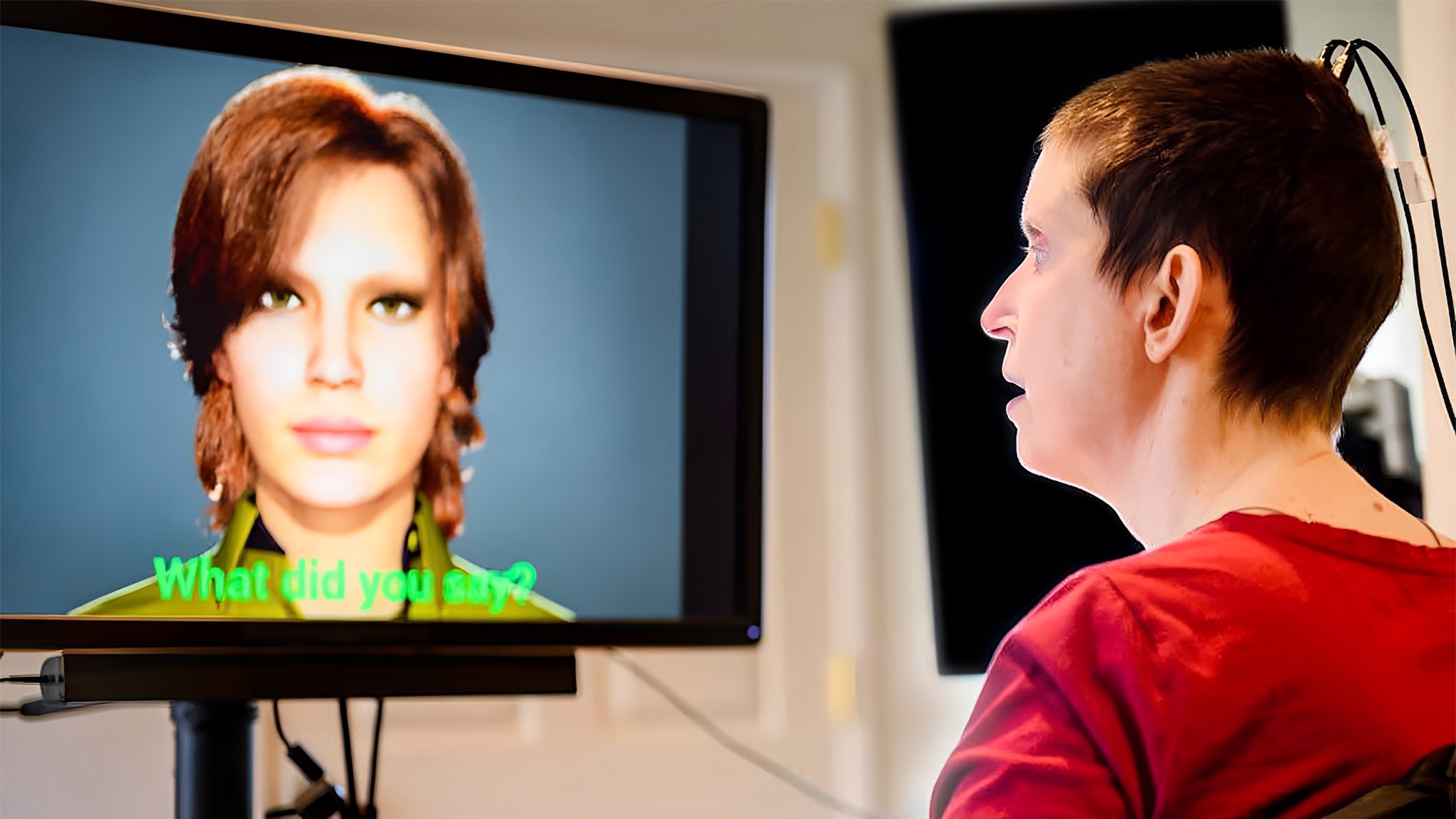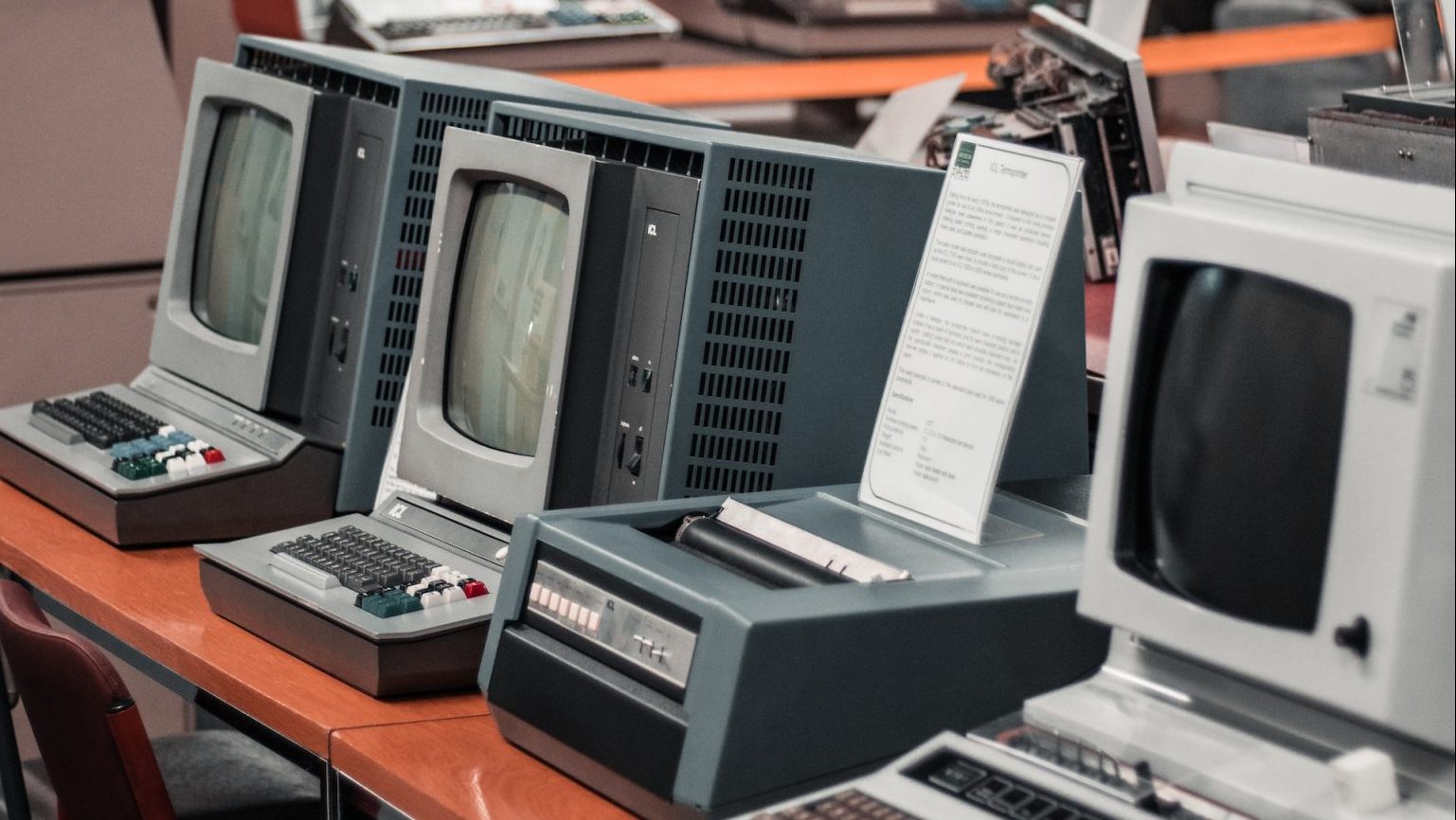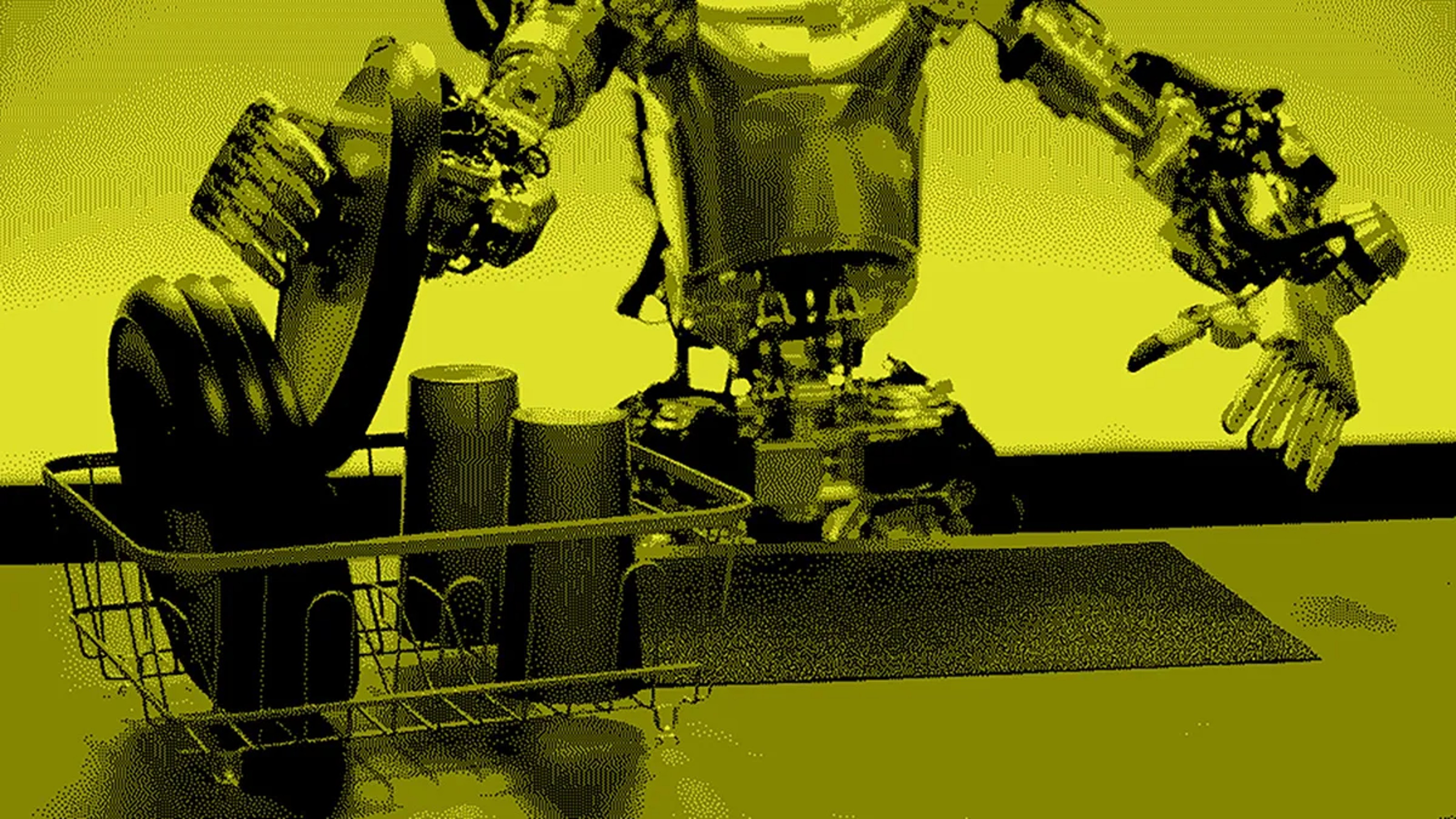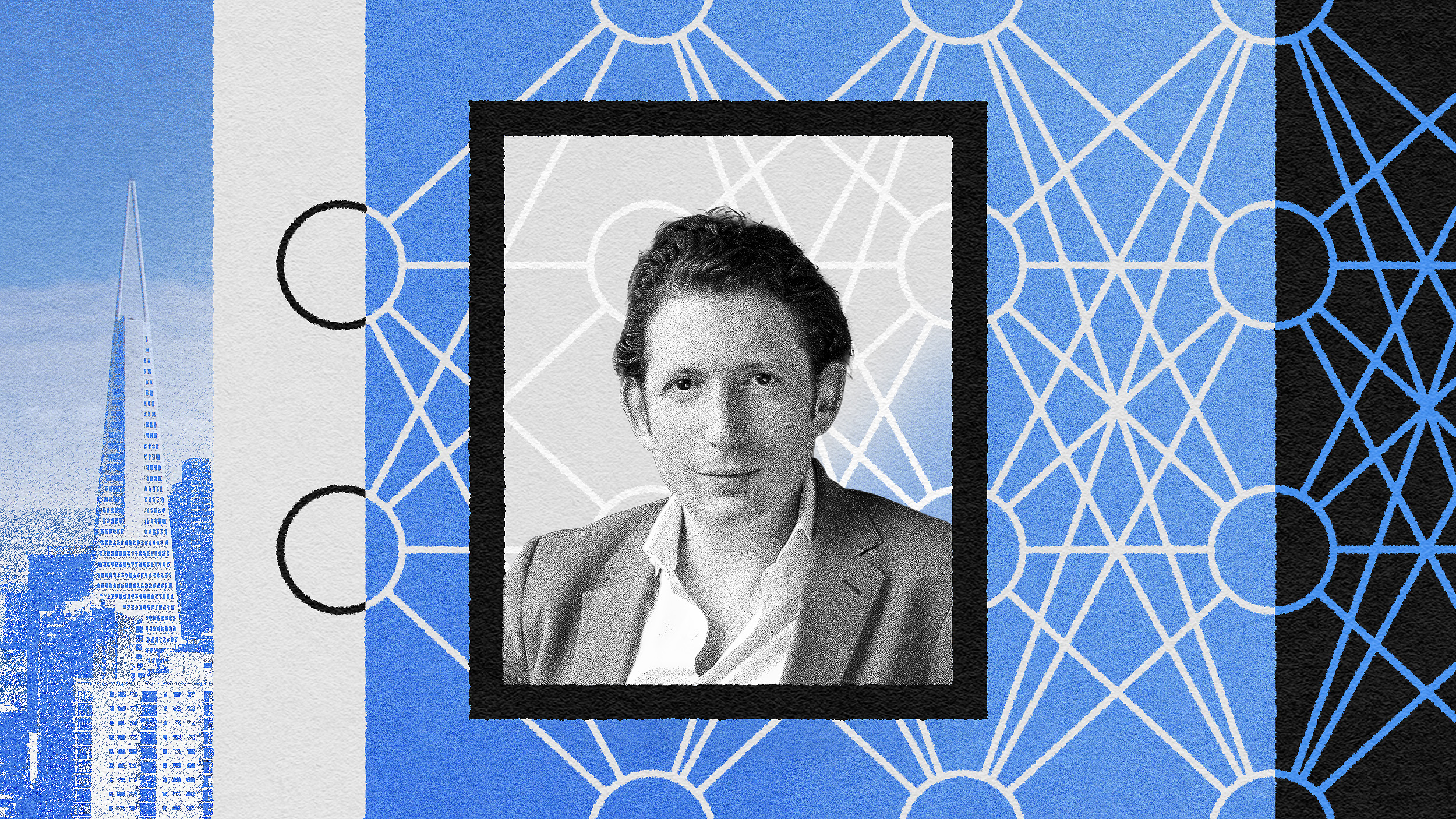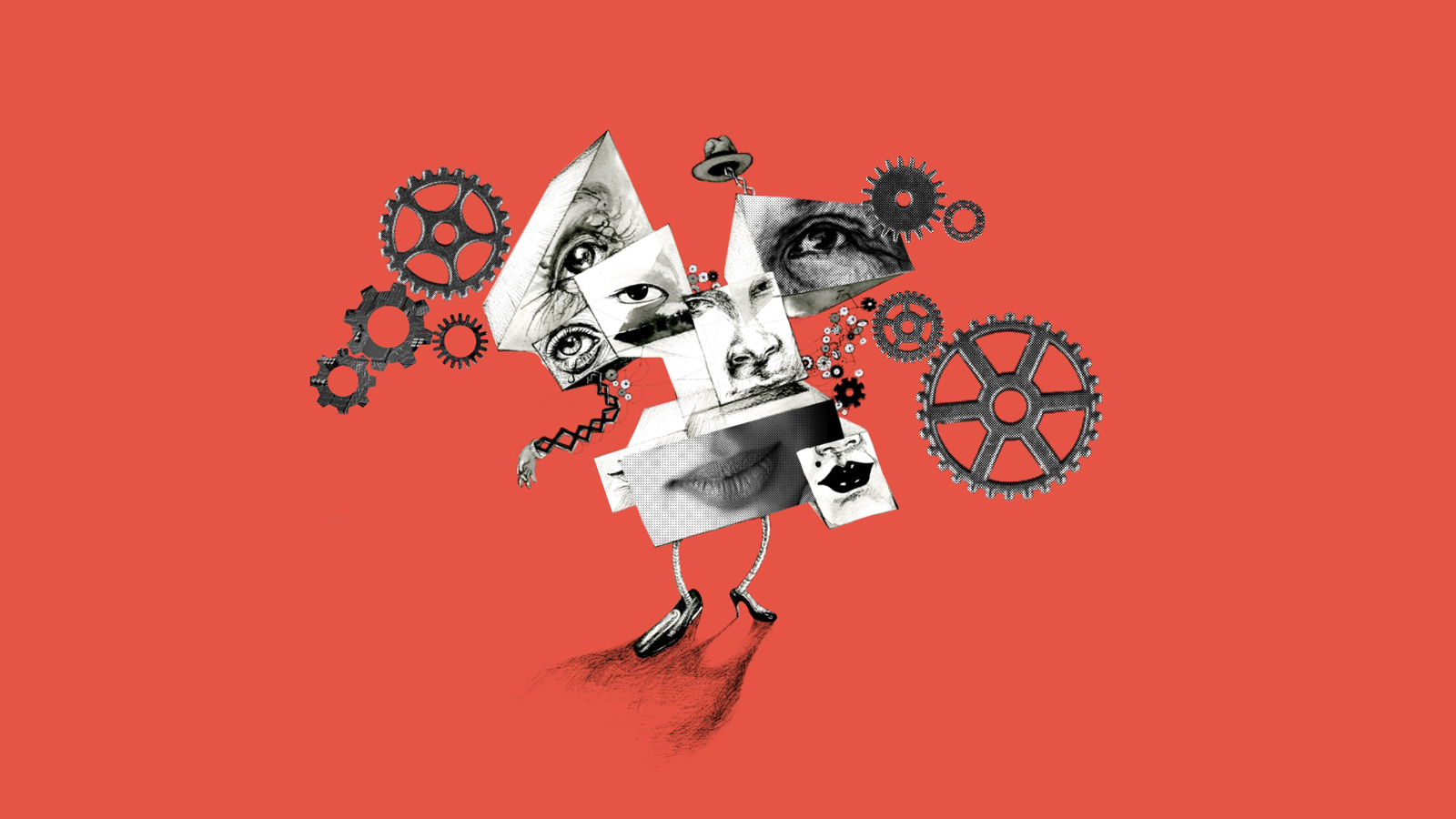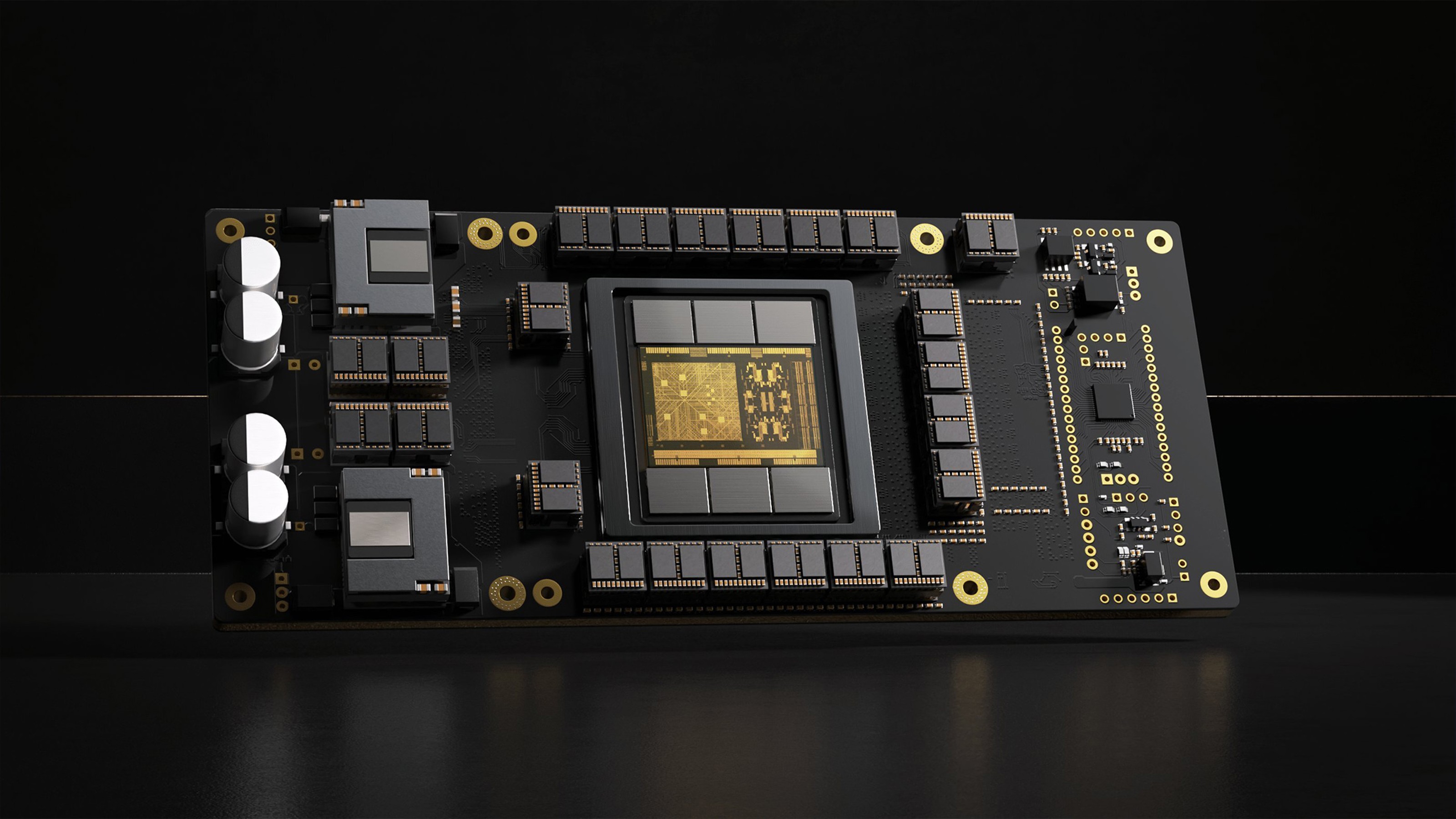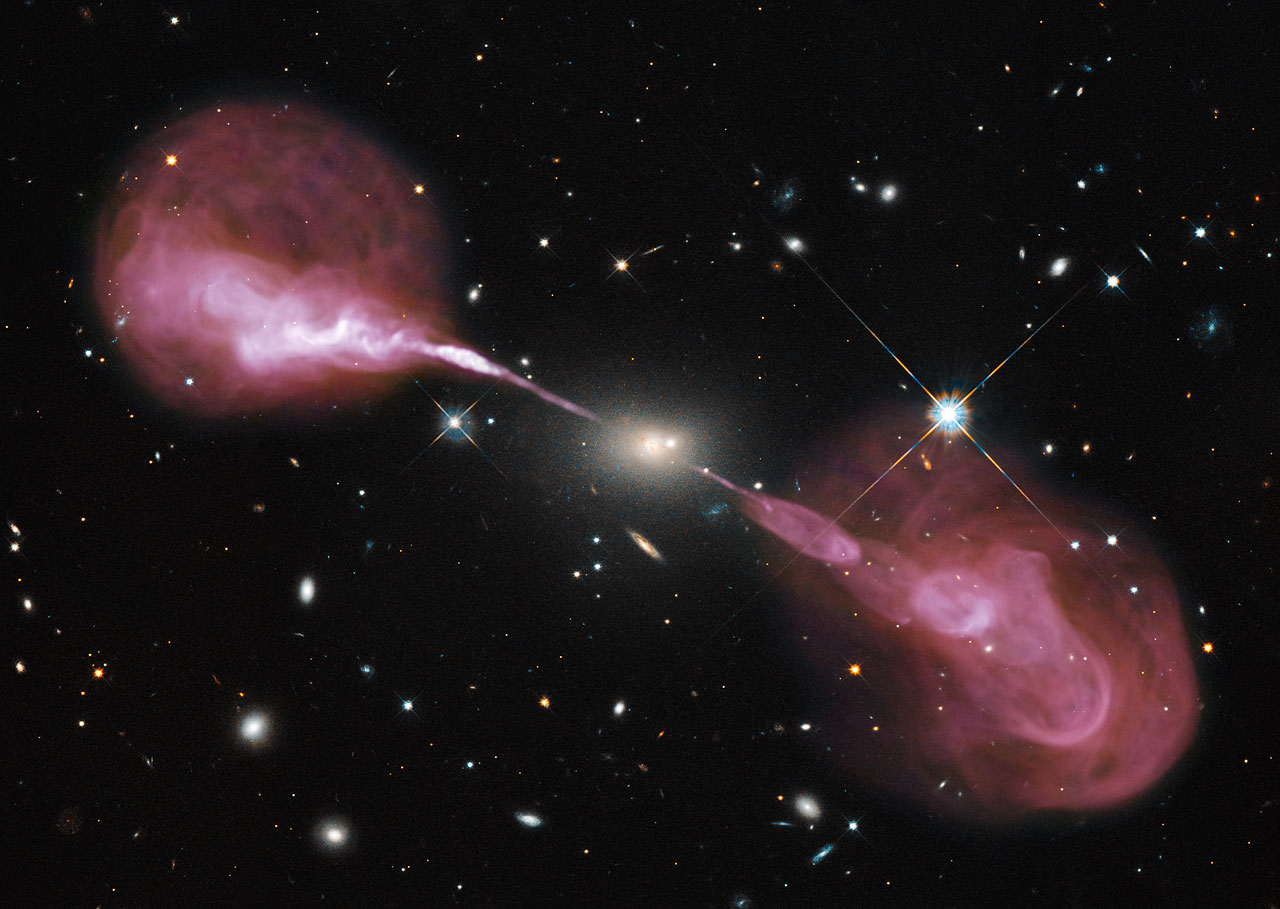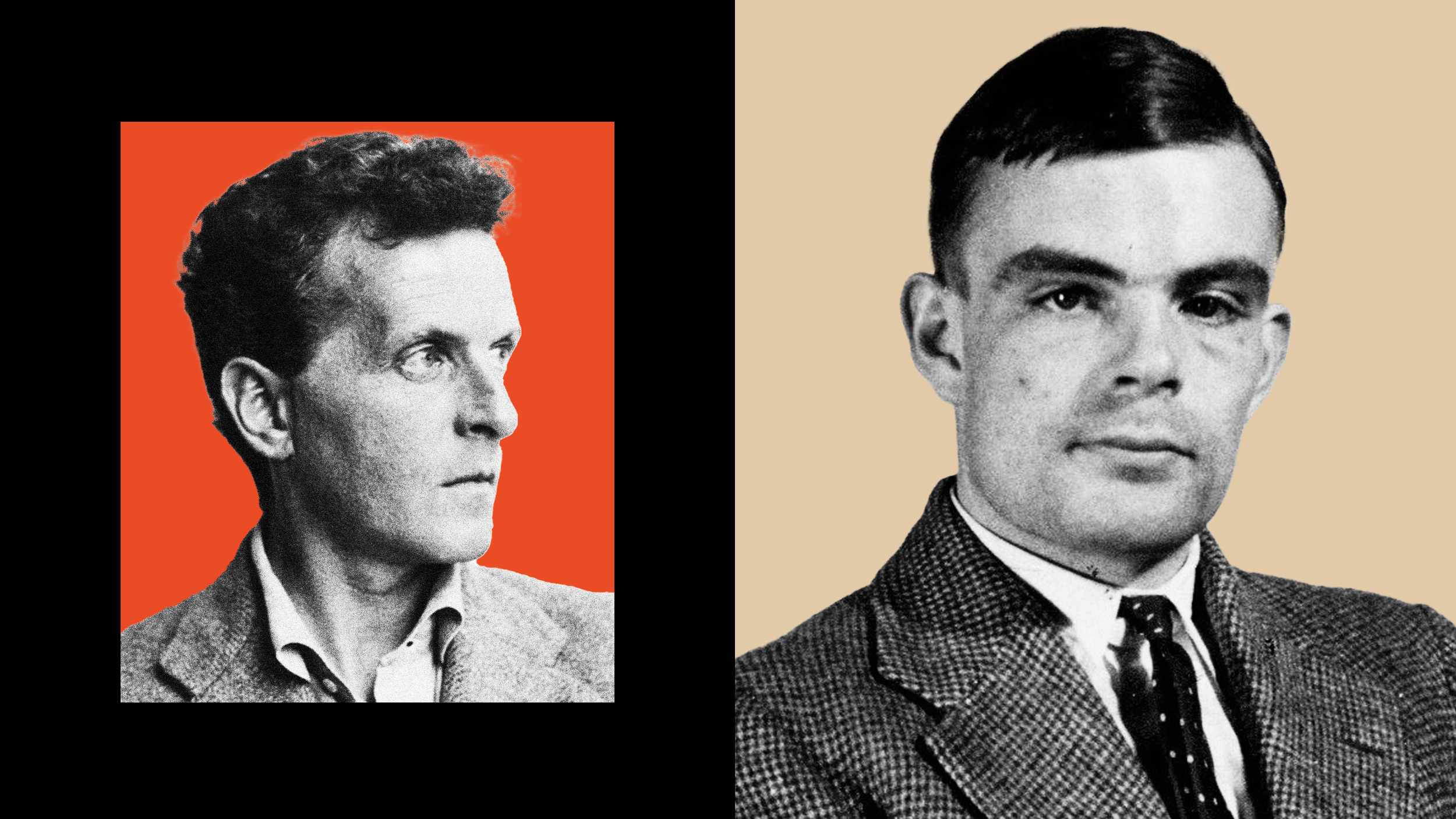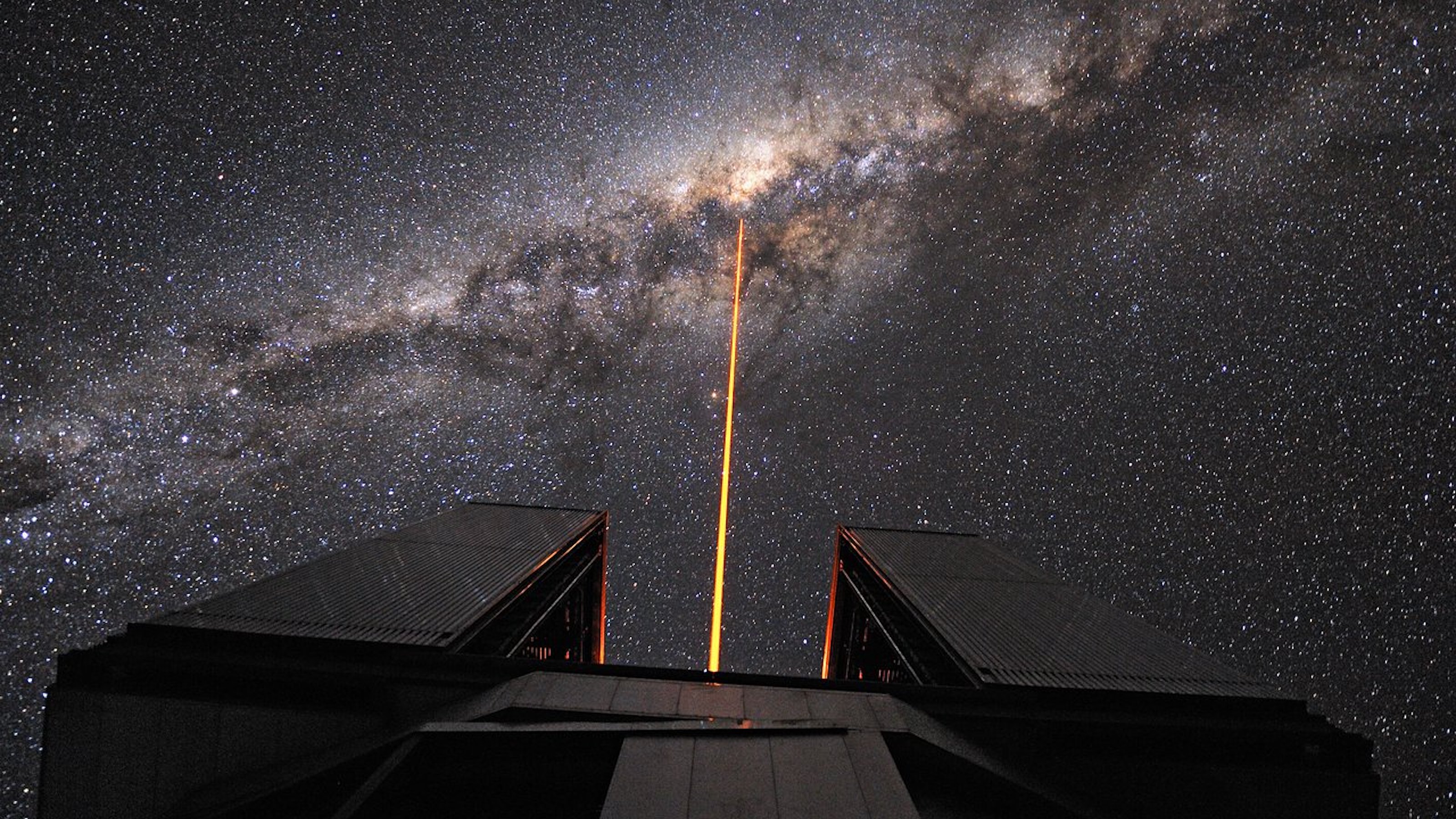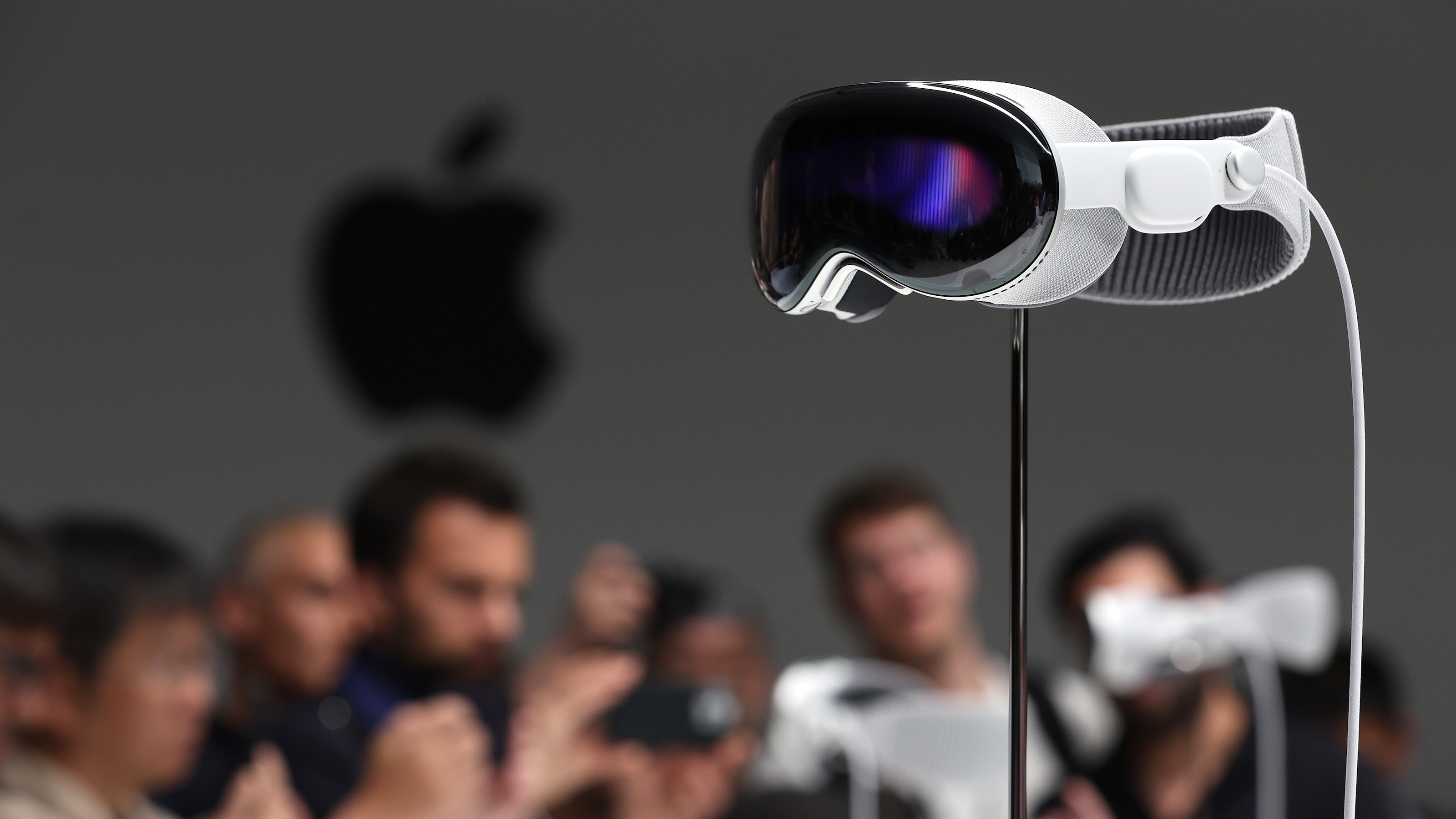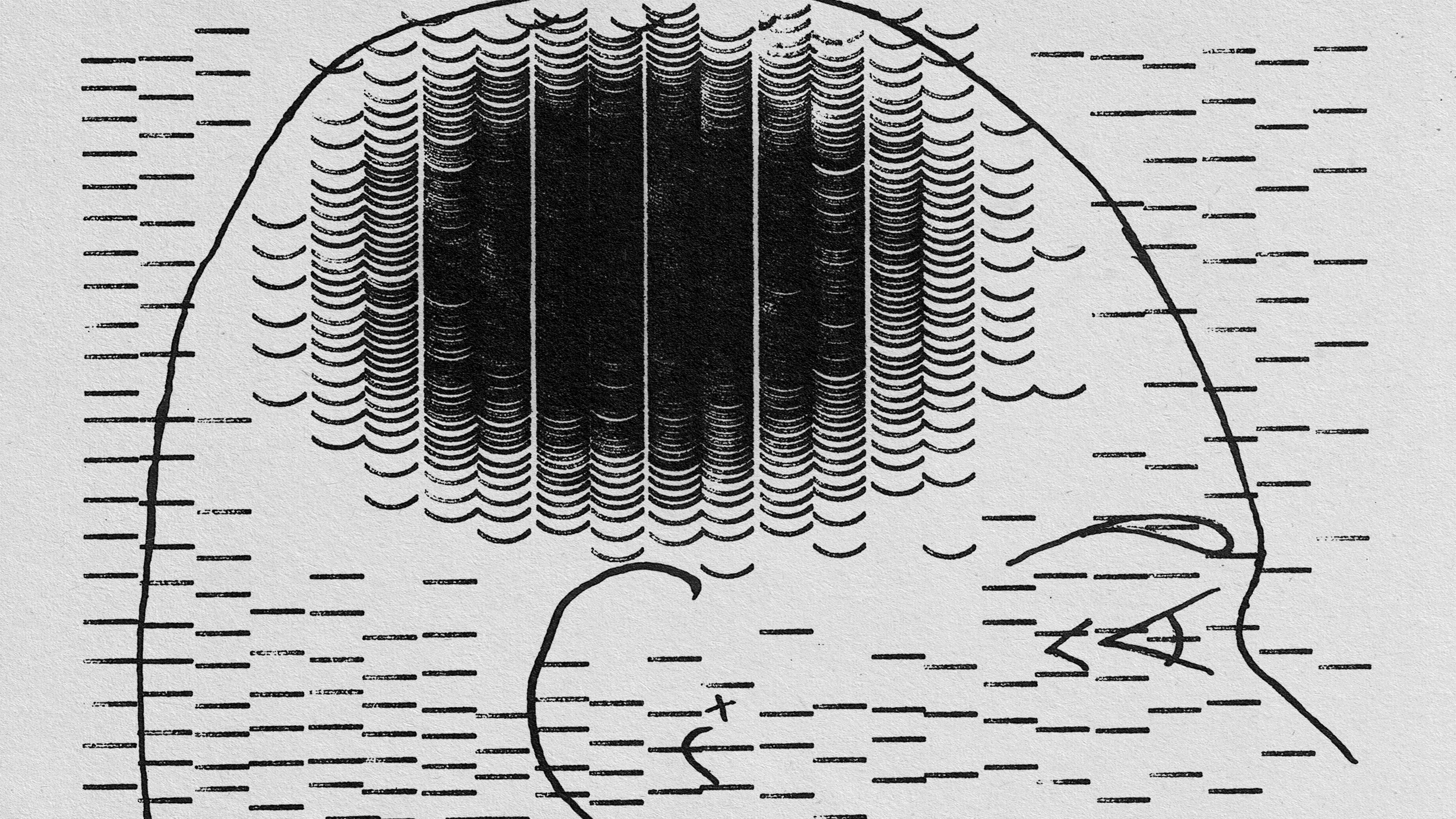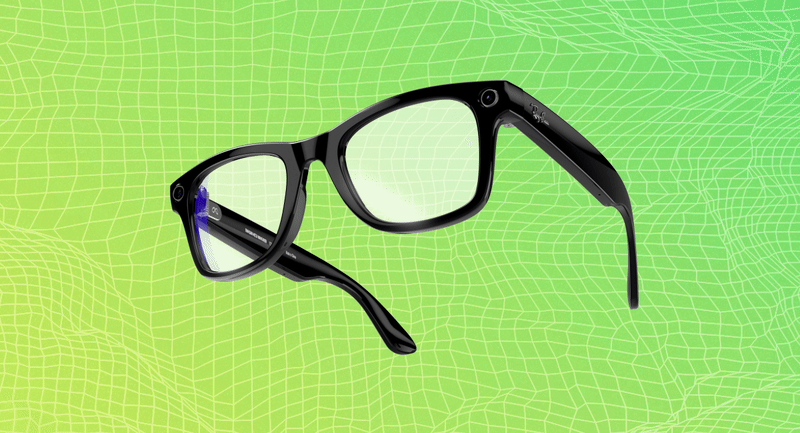Perhaps wormholes will no longer be relegated to the realm of science fiction.
Search Results
You searched for: Computers
Behind America’s hunt for a superior semiconductor.
The cat-and-mouse game between China and the world’s semiconductor companies is already having enormous consequences.
In history, every major technological advance has been used, for good and bad.
A prolonged strike could cost the economy between $500 million to $4.5 billion per day.
Jimena Canales shares the “demons” that shaped computer science.
▸
6 min
—
with
Our minds seem both physical and intangible. That paradox has gripped this neuroscientist since childhood.
Acclaimed writer Mauro Javier Cárdenas used AI in his latest work to surprising effect.
Flexible organic circuits might someday hook right into your head.
The meaning of the cryptic text has eluded scholars for centuries. Their latest efforts include computational analyses seeking new insights into the medieval enigma.
Neuroscientist and author Bobby Azarian explores the idea that the Universe is a self-organizing system that evolves and learns.
He peppers his sentences with words like “neat” and “cool,” he’s not great at working the room after dinner — oh, and he’s a peerless visionary.
The brain implant lets her talk four times faster than the previous record.
Despite their brief history, computers and AI have fundamentally changed what we see, what we know, and what we do.
We may be on the brink of finally seeing human-level intelligence in an AI — thanks to robots.
Big Think talks to Konrad Feldman — founder of advertising tech innovator Quantcast.
The initial goal of AI was to create machines that think like humans. But that is not what happened at all.
The future belongs to complexity.
Just eight of Etched’s Sohu chips could replace 160 Nvidia GPUs.
Galaxies don’t simply feed their central supermassive black holes, but the activity generated inside affects the entire galaxy and more.
In pre-War Cambridge, students had to ace an interview with Ludwig Wittgenstein to attend his lectures — Alan Turing passed that test, and went on to create one of his own.
Do humans have souls, or are we just particles? Physicist Sabine Hossenfelder explains.
▸
5 min
—
with
A National Center for Data and Evidence could supplement our archaic and expensive system and more accurately measure AI’s impact on jobs.
Ada Lovelace’s skills with language, music, and needlepoint all contributed to her pioneering work in computing.
Air currents in our atmosphere limit the resolving power of giant telescopes, but computers and artificial stars can sharpen the blur.
One of Apple’s key innovations serves as a psychological breakthrough, as its technology eliminates the isolating feel of headset use.
Elon Musk suggested remote-controlled, vibrating anal beads. Thankfully, there are more mundane explanations.
The ability to decode acoustic information from brain activity aids the development of brain-computer interfaces that restore communication in patients who suffer paralysis.
Smart glasses have flopped before. AI could finally make them mainstream.



